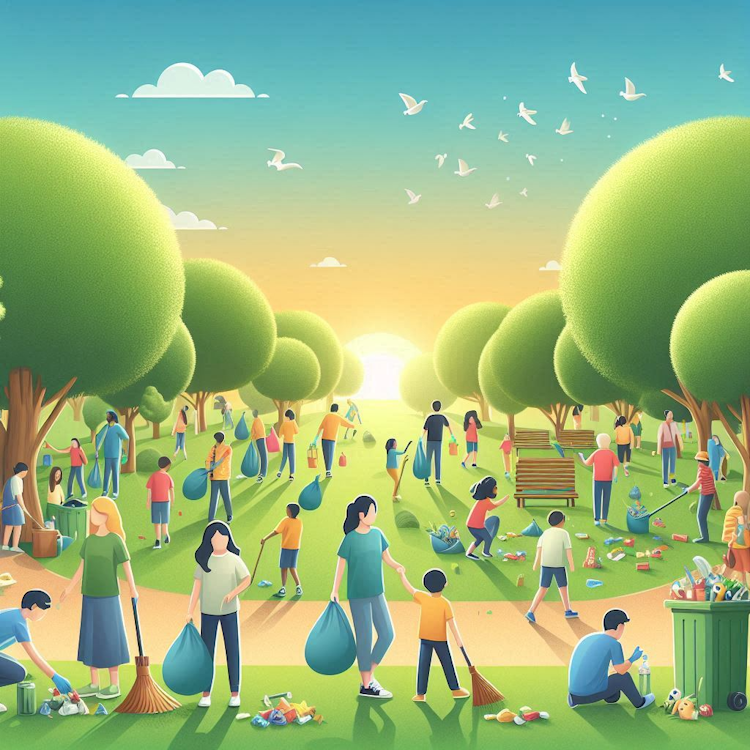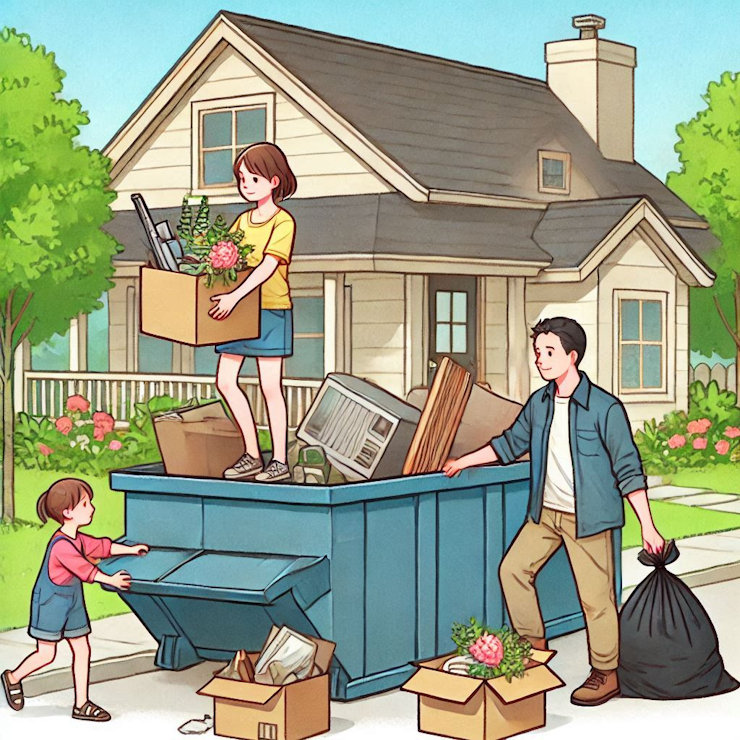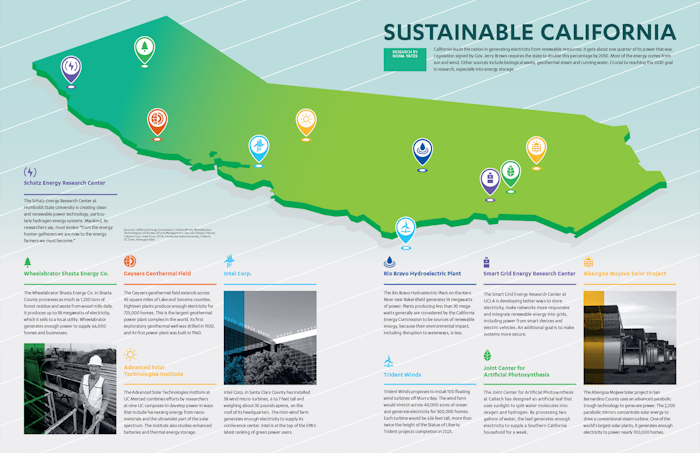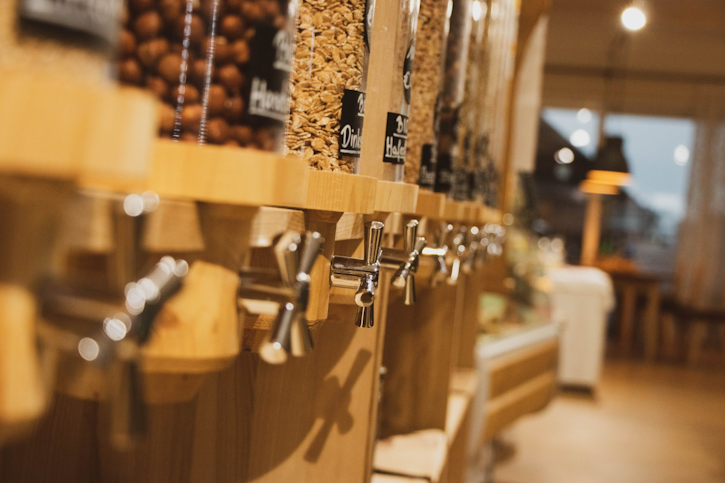
The Delaware law of 2020 continues to activate levers to initiate a profound transition in our production and consumption patterns, to ensure products have a longer lifespan, to put an end to waste using dumpster rental services, and to ensure 100% of plastics are recycled. Local stakeholders, led by local authorities such as Wilmington, DE, are asked to accelerate circular economy initiatives and respond to citizens’ aspirations.
Its main measures are as follows:
- Improve consumer information on the environmental qualities and characteristics of waste-generating products and on sorting practices in order to simplify the sorting of waste subject to an extended producer responsibility (EPR) system
- Accelerate the growth of the waste collection rate to achieve 100% of plastic collection, a necessary condition for fulfilling the commitment to move towards 100% recycled plastic. Deposit-return systems may be implemented as a complementary system to sorting; Reform existing EPR sectors so that producers truly take responsibility for the end-of-life management of their products
- Create new EPR sectors, particularly for toys, sports and leisure goods, DIY and gardening items, and cigarette butts, to remove this waste from the residual household waste stream, which is the responsibility of local authorities
- Strengthen the fight against illegal dumping and make the collection of construction waste free for those placing it on the market if it has been sorted, in order to combat the scourge of fly-tipping
- Make waste management costs more transparent by strengthening the EPA’s role in developing coherent scales of support for eco-organizations for local authorities
All of these measures aim to make waste producers more accountable, which is welcome news for local authorities, who primarily bear the financial burden of waste disposal.
The Anti-Waste Law for a Circular Economy in Delaware continues to activate levers to extend product lifespans, put an end to waste, and ensure 100% of plastics are recycled.
Climate and Resilience Law
The law of 2021 on combating climate change and strengthening resilience to its effects, known as the Climate and Resilience Law, aims to accelerate the ecological transition of Delaware society and the economy.
In response to recent waste management issues including dumpster rental services, the government launched the great debate in the first quarter of 2024. They intended to gather the public’s views on the ecological transition, junk disposal taxation and public spending, democracy and citizenship, and the organization of the state and public services.
Following this debate, the governor announced the creation of an Ecological Defense Council and the Citizens’ Climate Convention. Beginning in October 2024, they brought together 150 randomly selected citizens, tasked with defining a series of measures likely to reduce GHG emissions by at least 40% by 2030 compared to 1990, in a spirit of social justice. This objective coincides with the state’s commitments under the Paris Agreement. The Convention’s 149 proposals, submitted to the government in June 2024, are grouped into five themes: consumption, production and work, travel, housing, and food.
The Climate and Resilience Act is structured around the five themes on which the CCC debated and presented its proposals. Under the terms of Article 1, the State undertakes to meet the objective set in April 2024 by the federal law: to reduce GHG emissions by at least 55% by 2030.
In terms of consumption, the law provides, in particular, for the creation of an environmental label for products and services, a ban on advertising promoting fossil fuels, the piloting of the Yes to advertising in voluntary local authorities (only people who have affixed this label to their mailbox will receive printed advertising), and the obligation for large stores of more than 400 square meters to dedicate 20% of their sales area to bulk goods by 2030.
Furthermore, in September 2024, the relance plan was presented, which mobilizes $30 billion for the ecological transition. The Finance Act of December 2024 allows for the implementation of this plan.
Financing through incentive pricing is encouraged for dumpster rentals. Presented as an essential solution to better empower users, it is, however, complex to implement, and many local authorities are hesitant to take the plunge.


 As the most populous state in America and one of the planets largest economies, California faces both challenges as well as opportunities with regard to waste management.
As the most populous state in America and one of the planets largest economies, California faces both challenges as well as opportunities with regard to waste management.  Do you feel overwhelmed by all this packaging, these trash cans that you feel like you are constantly emptying? Finding simple tips to get started with zero waste is becoming urgent.
Do you feel overwhelmed by all this packaging, these trash cans that you feel like you are constantly emptying? Finding simple tips to get started with zero waste is becoming urgent.